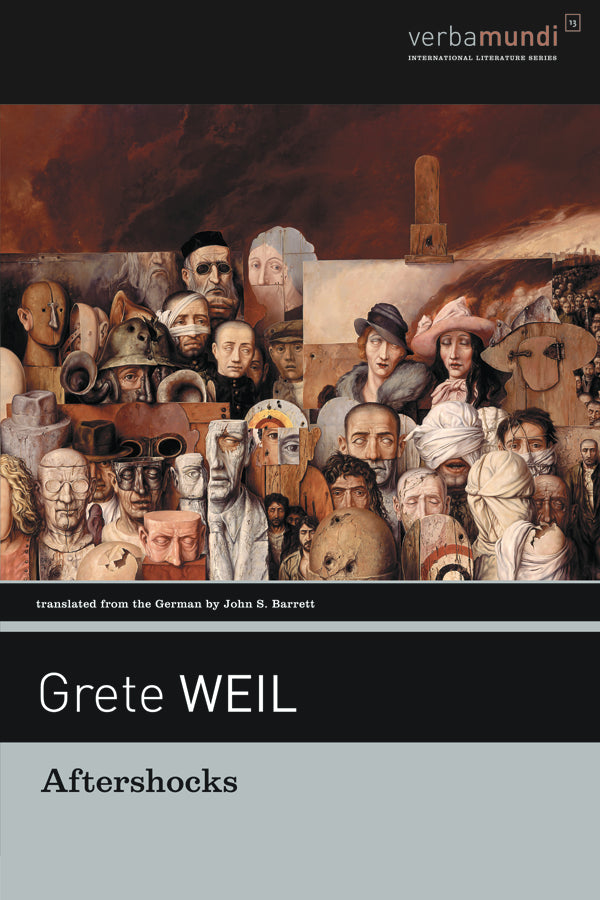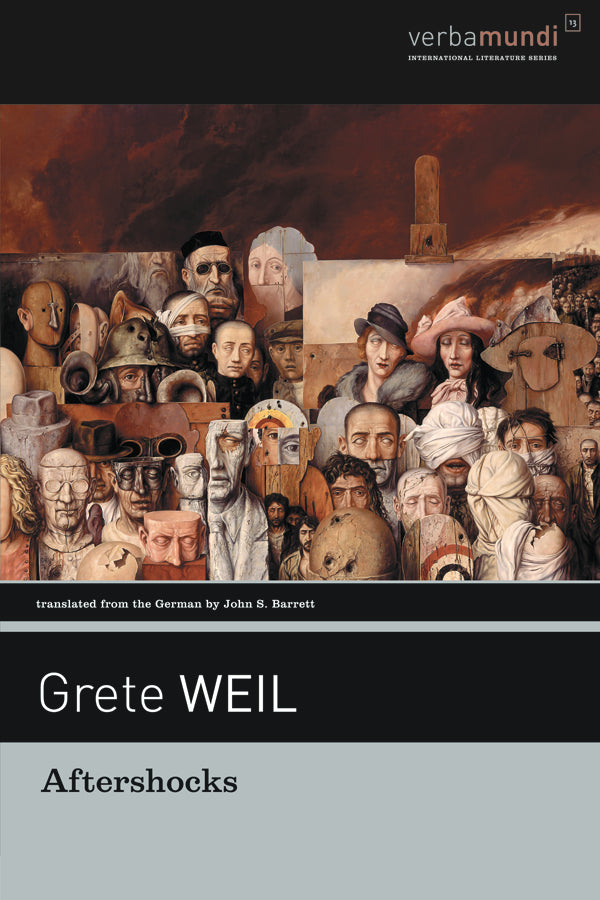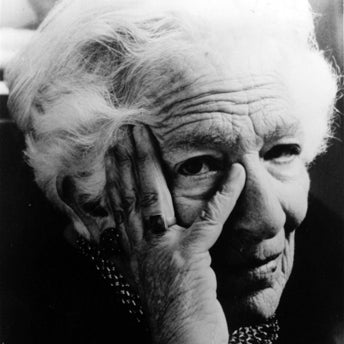
Seven short allegorical tales of characters coping to live in the aftershock of the Holocaust. Grete Weil compares them to survivors of an atom-bomb blast, who live beyond the initial explosion and consider the worst to be over, only to later sicken and die. The survivors’ lives are damaged, even physically destroyed, by the aftershock —by their inability to shed the culture of the country from which they have fled, their intense memories of happier times, and by the constant intrusion of the ghosts of both victims and persecutors.
In her desire to bear witness to the Holocaust...Weil wisely doesn't attempt to show us what it is like to be a victim or a murder; she shows us what it is to be a bystander. And, as she delicately suggests, we are all bystanders to something. —Adam Kirsch, The Boston Phoenix
Through spare, poignant vignettes, Weil appeals to our historical conscience and our shared sense of the pain of the Holocaust. She enables us to inhabit her characters' world...with the emotional force of a visit to a concentration camp. —The Review of Contemporary Fiction
And why is it that truly fine writer—who manage to turn out superlative work with each try - can exist among us and be known by so few? —Robert Leiter, Jewish Exponent


